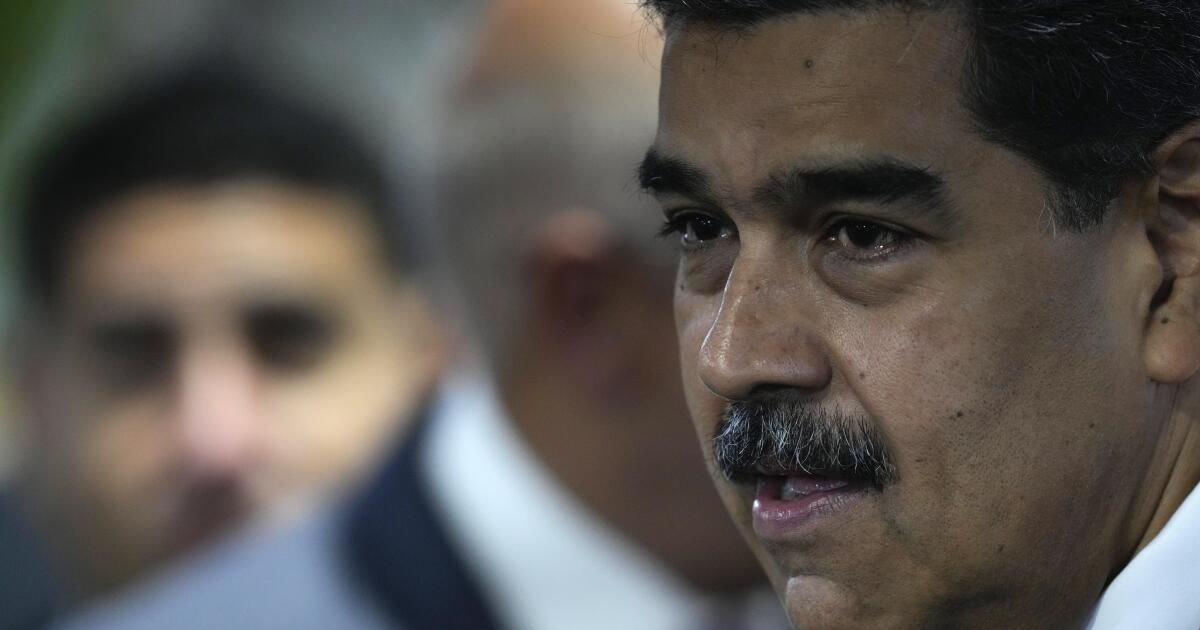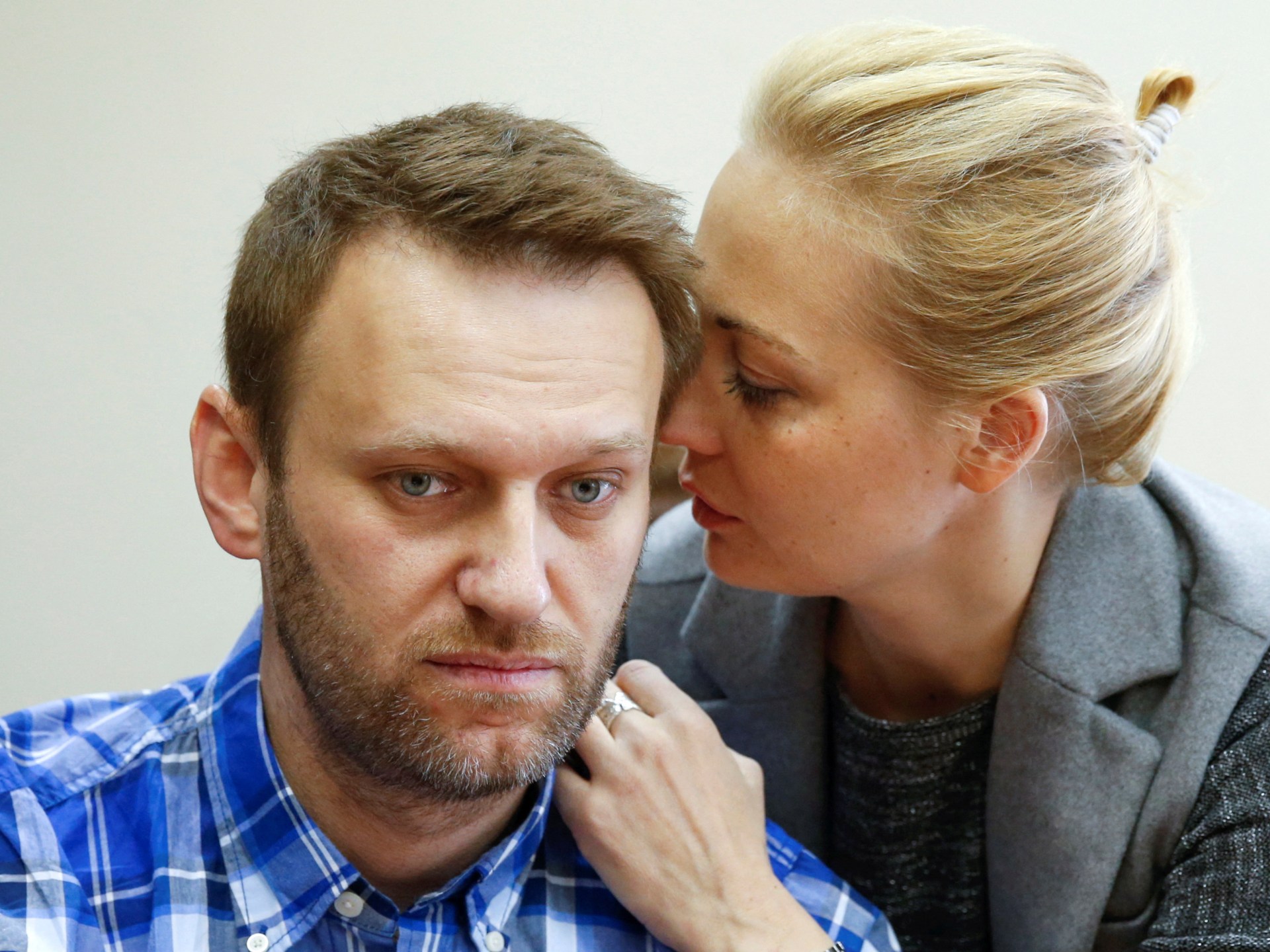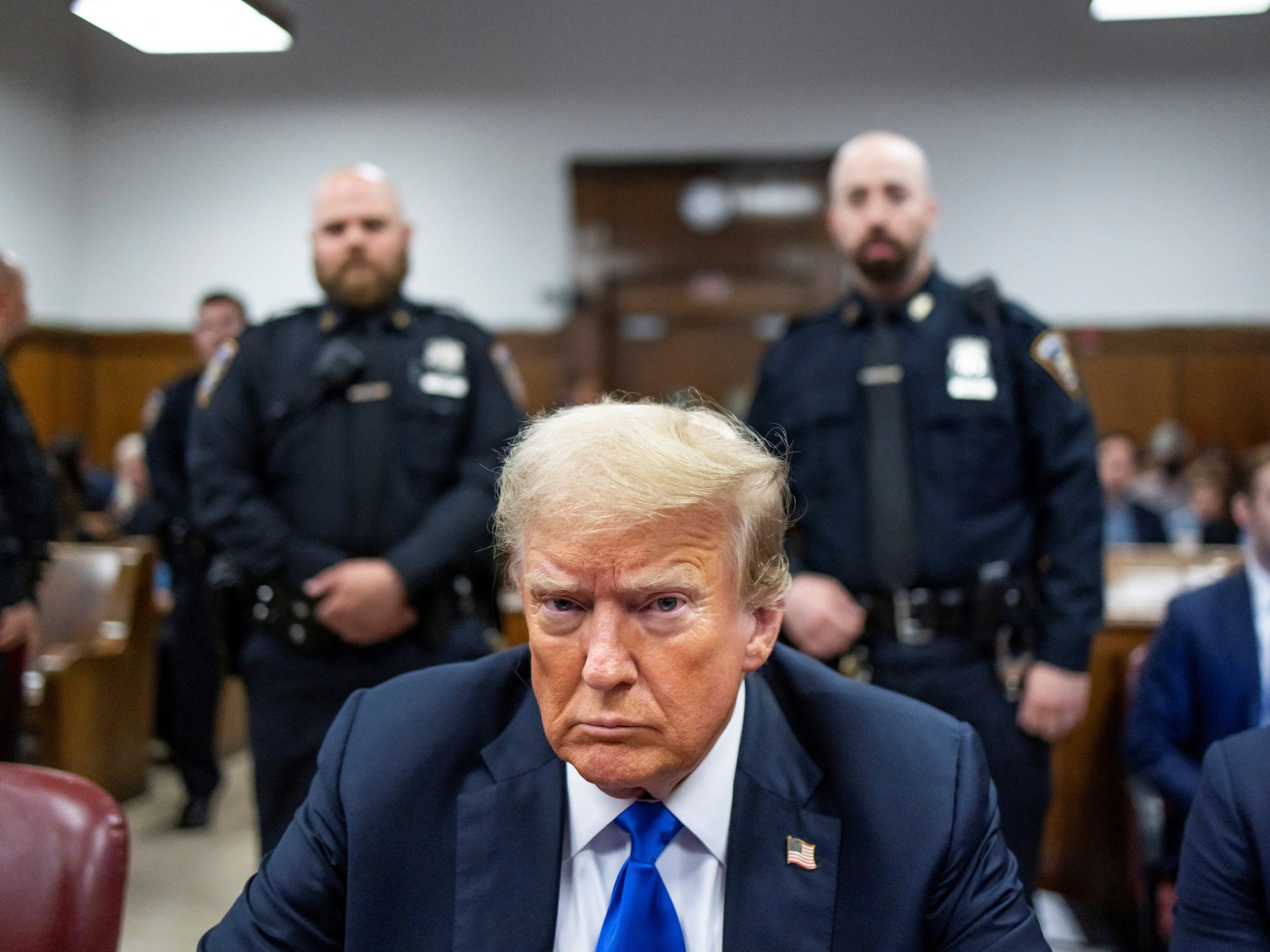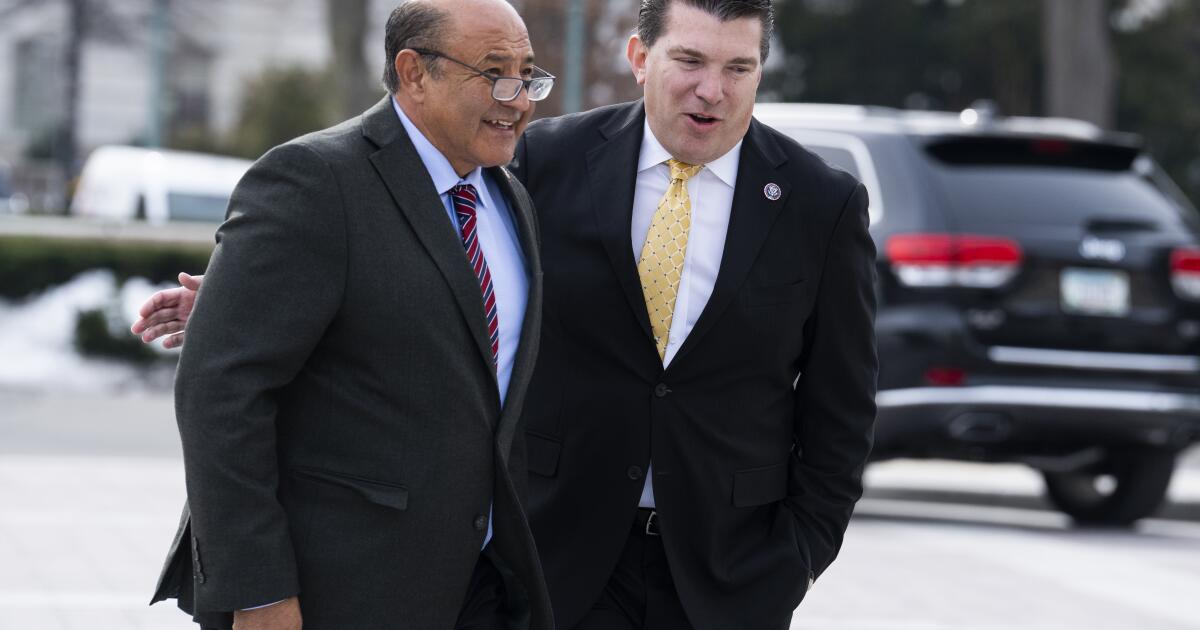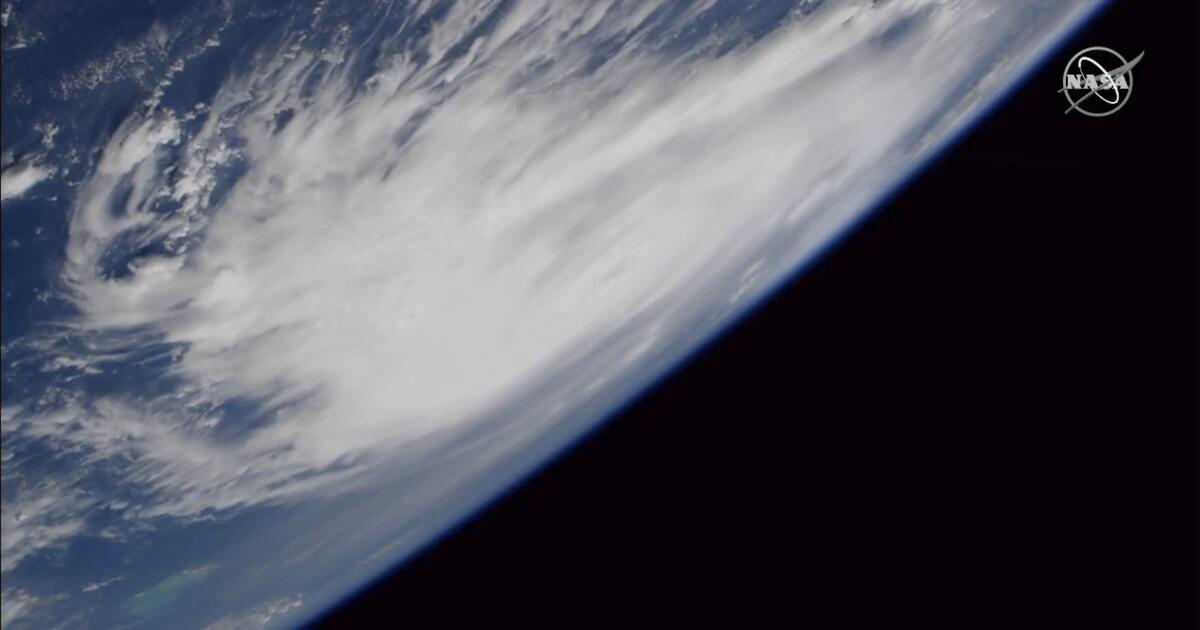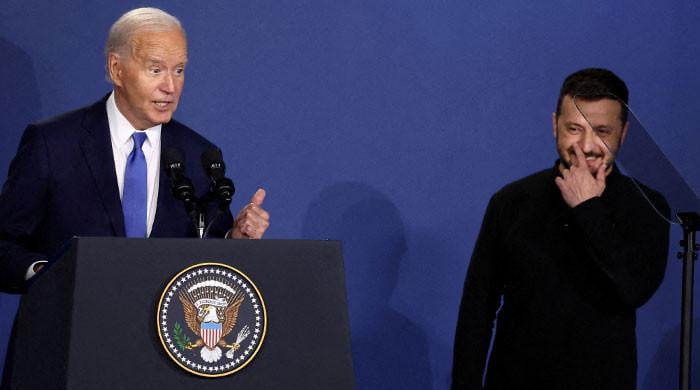The Biden administration is walking a fine line in its attempt to oust Venezuela’s dictator without falling into the costly traps that rankled previous U.S. administrations and angered Latin American allies.
Following a fraud-ridden presidential election on July 28, both Venezuelan leader Nicolás Maduro and opposition candidate Edmundo González Urrutia declared victory.
The United States sided with Gonzalez and declared him the winner but stopped short of recognizing him as president-elect. U.S. diplomats cited polls of electoral votes conducted by both the opposition and independent observers that gave Gonzalez a 2-to-1 margin of victory.
Memories of the Trump administration’s efforts to oust Maduro, including harsh sanctions and arrest warrants, are fresh in mind. After a coup attempt in 2019, the Trump administration adopted an alternative president, Juan Guaidó, who headed what became a government in exile.
Nothing changed the mind of Maduro, a former bus driver and socialist who took office after the 2013 death of Latin American leftist icon Hugo Chavez.
Now, U.S. officials are hoping to try an untested strategy, while relying on the negotiating acumen of three Latin American powers friendly to both Caracas and Washington: Brazil, Colombia and Mexico. But so far, they and other regional leaders have been timid in their willingness to pressure Maduro.
Presidents Luiz Inácio Lula da Silva of Brazil, Gustavo Petro of Colombia and Andrés Manuel López Obrador of Mexico are all gone.–Democratic-leaning politicians have urged Maduro to release the full vote count, something the Venezuelan government continues to refuse to do two weeks after the election ended. However, none of the other leaders have publicly declared him a loser.
The Organization of American States, the region's largest multilateral organization, has failed to win majority approval for a softly worded call for transparency.
“We hope that all parties will take the steps that we have taken,” State Department spokesman Matthew Miller said, referring to the U.S. declaration that Maduro lost. But he added that fuller recognition of Gonzalez “is not a step that we are taking” now.
At stake as Maduro clings to power is further political and economic chaos and greater international isolation. The president has launched a deadly crackdown on protesters, leaving more than two dozen dead and at least 2,000 detained, including opposition politicians and journalists.
Venezuela, once South America's richest country, has seen some 6 million of its citizens flee as refugees, and another wave is likely in the coming months. Many have arrived in the United States, fueling a fierce and divisive debate over immigration in the country.
“It was extremely important for us to make the point that the most important thing is that the results are respected, and we are working with allies to make sure that is the case,” a senior Biden administration official working on Venezuela said in an interview. The official requested anonymity to discuss internal policy deliberations.
“The decision [to not accept a Maduro victory] “This is already an important form of diplomatic pressure,” the official said.
Maduro had agreed to hold the July election after months of negotiations involving regional officials and, unusually, Qatar, a Gulf state that is an OPEC partner of oil-rich Venezuela. U.S. officials offered Maduro numerous benefits if he lost the election and agreed to step down, according to U.S. and Venezuelan sources. Qatar has remained involved in efforts to get Maduro to release the election results, the White House said Monday.
The incentives included dropping criminal charges and offering Maduro safe passage to a third country (a State Department spokesman said Monday that such amnesty offers have not been repeated since the election).
The Venezuelan strongman was apparently concerned that while Washington could drop the charges against him, the US government was in no position to stop an International Criminal Court investigation into widespread human rights abuses attributed to Maduro's government.
Maduro apparently thought he could use the election to cement his legitimacy, the senior administration official said, after a decade of ruling with an iron fist, crushing dissent and packing the courts, legislature and other key institutions with loyalists.
Before the election, he frequently warned crowds that if he did not win, Venezuelans would face a “bloodbath” and civil war.
Ways in which the Biden administration’s approach toward Maduro has departed from the Trump era include emphasizing incentives over punishment (more carrots than sticks, as several diplomats put it).
Following a flawed election in 2019, the Trump administration quickly recognized Juan Guaidó, a little-known opposition politician who declared himself “interim president.” Guaidó was considered legitimate because he headed the National Assembly, at the time one of Venezuela’s last remaining democratic institutions.
However, it was never clear how much domestic support he had and many of the people who made up his shadow government resided in Washington. In late 2022, the Venezuelan opposition overthrew Guaidó, who is now believed to be living in exile in Florida.
In addition to accusing Maduro of drug trafficking and other charges, former President Trump imposed harsh sanctions targeting Venezuela’s economy, including its once-robust oil industry, in what was called a “maximum pressure campaign.”
Diplomatic ties between the two countries were virtually severed in 2019.
But starting in 2022, Biden began thawing the diplomatic situation by secretly sending a team of emissaries to Caracas, where they began talks that eventually led to prisoner exchanges that freed more than a dozen Americans held by Venezuela, including several executives of Houston-based Citgo Petroleum Corp.
Last year, Biden eased a series of sanctions on Venezuela's oil, gas and gold sectors in exchange for Maduro's commitment to negotiate with the Venezuelan opposition to hold fair elections.
That set the stage for July's election, with the opposition more unified than ever, fighting an electoral battle at home rather than in Washington and, according to polls, with a wide lead over Maduro.
But now U.S. officials are being forced to reassess their strategy and will have to tread carefully. Reinstating tougher sanctions could backfire, pushing Maduro further away from any negotiations and alienating Latin American countries that are trying to pressure him but also don’t want to be seen as doing Washington’s bidding.
The administration “has to keep allies on board,” said Ryan Berg, who directs the Americas program at the Center for Strategic and International Studies, a think tank in Washington.
“They have to avoid giving [the presidents of Brazil, Colombia and Mexico] “There is no reason to be more concerned about what the U.S. government is doing to Maduro than what Maduro did by stealing this election in such a blatant manner,” he said.
On Friday, Panamanian President José Raúl Mulino stepped in to offer a solution, saying he would facilitate Maduro's safe passage through Panama to a third country so he could leave office peacefully.
Maduro responded with disdain and a derogatory term for the U.S. officials he suspected were behind the offer. After warning those who “mess with Venezuela,” Maduro said the Panamanian president was “letting himself be carried away by the gringos.”

